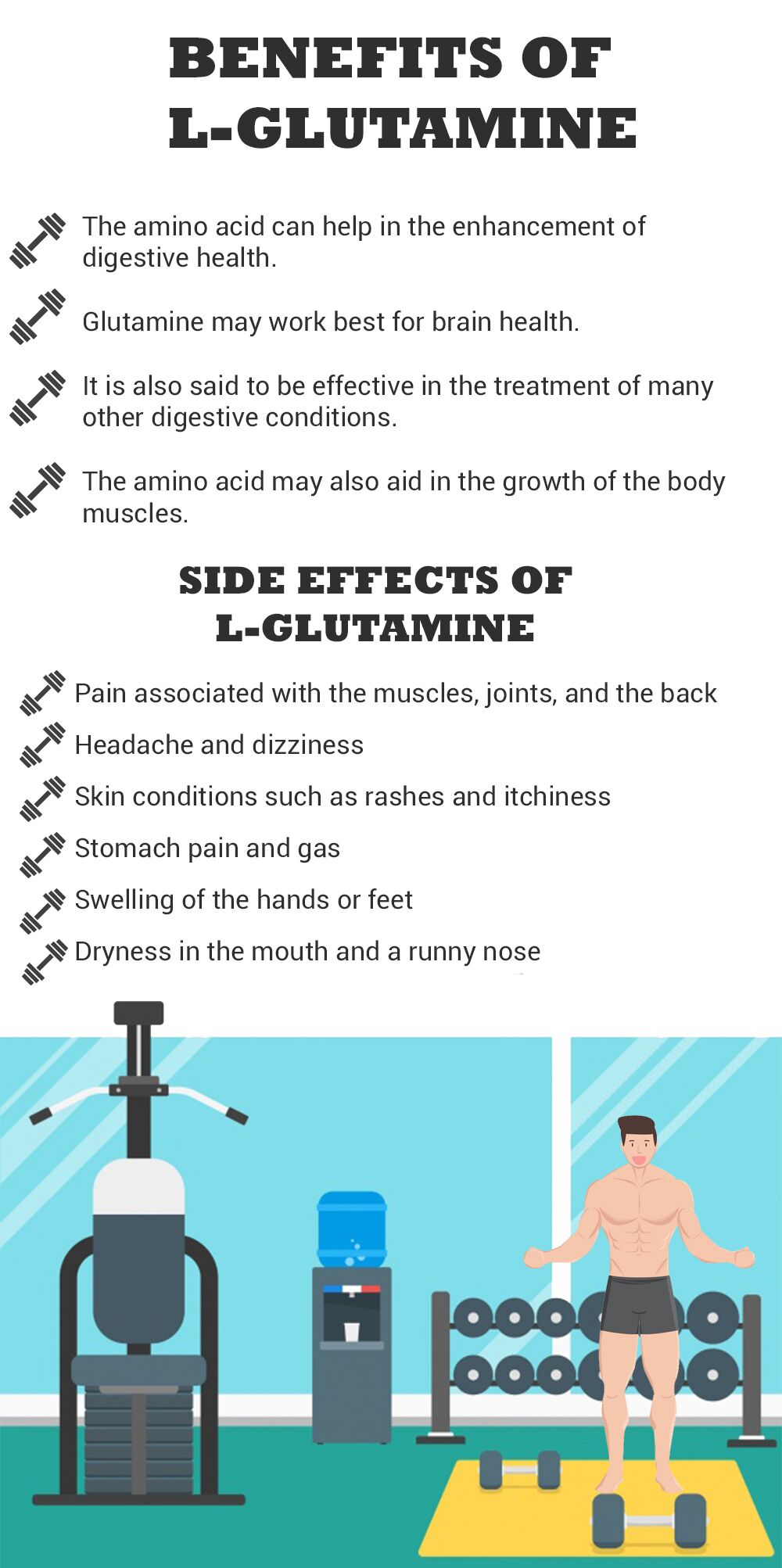
What is L-glutamine? And, how does it help our body?
Before we explore the function of L-glutamine, let’s take a look at how amino acids work.
Amino Acids, the Body’s Building Blocks
Amino acids perform duties as building blocks for protein in our bodies. They are very important and they serve the body functions in different ways. All in all, there is a total number of 20 amino acids in the human body. The 20 amino acids can be divided into two groups; the essential and nonessential amino acids.
The difference between essential and nonessential amino acids is how they can be obtained. For the essential amino acids, they are those that cannot be made by the human, therefore they must be acquired by eating foods that contain the specific amino acid in need. On the other had, nonessential amino acids are natural amino acids that can be produced by the body itself.
Nonessential amino acids, though already made inside the body, can still give extra benefits when they are taken. Other foods contain specific kinds of nonessential amino acids too. Also, conditions like a certain amino acid deficiency do exist, thus most nonessential amino acids are also made into different kinds of consumables for them to provide either extra benefits or important functions for those who are deficient.
One of the nonessential amino acids that can give a boost of benefits and is also made into other consumables like supplements is L-glutamine or glutamine for short.
L-Glutamine
The L-glutamine has the same purpose as most amino acids, to provide and contribute to the protein synthesis in the body. Also, it is categorized as a nonessential amino acid; meaning it is ready-made in our bodies. However, not all people are given equal amounts of this amino acid; there may be some out there who are experiencing deficiency with this amino acid. Fortunately, this problem was solved by the discovery of glutamine powders and supplements.
Another good thing about nonessential amino acids like glutamine is that they can give extra benefits even when taken by people who have sufficient amount of the said amino acids. In the case of L-glutamine, it can help with intestinal issues like irritable bowel syndrome or IBS; and it also promotes better digestive health.
Since quite a number of people are proven to be deficient with the amino acid glutamine, there are specific reasons why they suffer from this condition. So, what causes the deficiency?
How People Get L-glutamine Deficiency
There are a lot of reason why people tend to get glutamine deficient, and here are some of those reasons:
- The person may be experiencing too much stress.
- There is a possibility that the person experienced some sort of shock or trauma.
- The deficiency may be cause by major infections.
- An unexpected extreme exercise routine may have caused the deficiency.
- The person may have underwent specific cancer treatments such as radiation therapy or chemotherapy.
- Immune disorders from infection may be the reason; such disorder like HIV or AIDS.
- It may be due to certain gastrointestinal disorders or digestive issues.
- The lack of the amino acid glutamine in the diet may also be one of the causes of deficiency.
Unlike the last condition, the others mentioned are somehow inevitable. And the only way to get enough of the lost amino acid is to provide the body with relevant diet that are rich in glutamine.
Foods Packed with Glutamine
In order to prevent any complications that may arise from the deficiency, there are foods that are known to contain abundant amounts of the amino acid.
Seafood
Try to eat more seafood that are bred in seawater rather than the ones from freshwater, since they contain a lot more of the amino acids. There is also a variety of choices with regards to seafood: fish, crabs, shrimps, and shellfish like mussels.
Red cabbage
This variety of cabbage is considered to be one of the top glutamine-rich vegetables. It contains very sufficient amount that it boasts of the benefits of the amino acids.
Milk
Milk that is derived from a grass-fed cow contains great amounts of the amino acid.
Eggs
Another animal produce that is rich in the amino acid is eggs. The eggs can be cooked either fried, boiled, poached, or others; and they will still contain the same amount of glutamine.
Yogurt
Again, it is necessary to consume yogurt products that are derived from the milk of grass-fed cows.
Benefits of L-Glutamine
The amino acid was used in different studies to provide results regarding their health benefits.
The amino acid can help in the enhancement of digestive health.
This benefit of the glutamine is the most well-known, and some of digestive issues it is most likely to take effect against are irritable bowel syndrome and other conditions like Crohn’s disease, ulcer, and another issue called increased intestinal permeability.
In cases like these, it is important to stock on the amino acid for it to properly provide the needed healing for the intestinal walls.
Glutamine may work best for brain health.
The amino acid is an essential player in terms for providing support for the brain health. It specifically works with the neurotransmitter called glutamate. By balancing the cycle of the glutamate with the amino acid, it prevents the development of mental conditions that can range from mild to severe; some of them are anxiety, depression, schizophrenia, manic depression, and many more.
It is also said to be effective in the treatment of many other digestive conditions.
The amino acid is also effective against diarrhea, this is thanks to its ability to equalize the production of mucus in the intestine. The result of this is an improvement in the bowel movement.
The amino acid may also aid in the growth of the body muscles.
A good number of studies have shown how the amino acid can contribute in conditions that are related to strength and endurance. Glutamine is said to work best for people who aim to get leaner muscles and those who want to improve their athletic performance and physical endurance.
L-Glutamine Side Effects
Too much or too less of something is always open to possibility of side effects, it also depends on the person’s body condition and on how it will react.
These are the possible side effects that may arise from misuse of the amino acid:
- The person may experience different kinds of pain associated with the muscles, joints, and the back.
- Headache and dizziness may be encountered at times.
- There may be a sudden appearance of skin conditions such as rashes and itchiness.
- Minor digestive issues may also take place; such as stomach pain and gas.
- Swelling of the hands or feet is most likely to happen.
- The person may also encounter dryness in the mouth and a runny nose.
